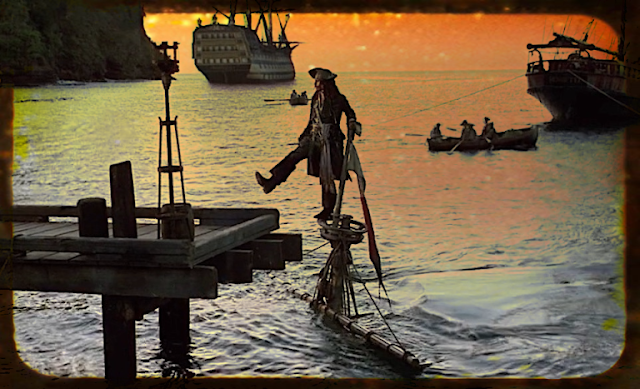 |
| Photo from Everplans |
Let us be lovers, we’ll marry our fortunes together.
– Paul Simon
Surrender n: The act of giving one’s self over to another.
– One among many meanings
Surrender
The act of giving one’s self over to another…
In the context of love, surrender is a mutual act of intramission based on trust. Of willing entanglement. Of choosing to turn toward as a way of being. Of letting go of the power of individuality for the greater power of loving partnership.
Surrender is also associated with a unilateral act of submission absent trust. Of unwilling engulfment. Of being forced to turn toward. Of yielding the power of individuality to conquest by a greater power.
The word is powerful and passionate in either sense.
Perhaps because the same word blares at full volume both meanings - will ye and nill ye - surrender is so difficult?
By the time we find love, so many of us have surrendered in situations and relationships that have left us battered and scarred. We raise the walls and close the gates. We don armor and raise the sword by reflex. The gauntlet becomes as familiar as the backs of our own hands. The glaive becomes our hand.
But to surrender to one another… is there anything so sweet? To dismantle the walls and fling open the gates. To remove with love, patience and care each layer of defense. To win trust.
To emerge together, hand in hand, to face the world?
*****
Surrender has a shipboard context, too, one which pervades the spectrum.
The ship surrenders itself to the sea. Um. Sort of. Certainly the sea has the first and last word in every discussion.
All aboard surrender themselves to the needs of the ship… as goes the ship, so goes its occupants.
The captain surrenders to a leadership role… one in which power is most definitely not unbridled or lacking in obligations.
The crew surrenders their independence to the captain’s decision and command… ours is not to question why (at least in the crunch).
All more or less. Consent is nowadays much in vogue, but the heirarchy (sea, ship, captain, crew) doesn’t promote mutuality. Yet neither is it set in stone.
On a happy ship, we look to working with the sea and not against it. We look to our vessels’ trappings and trim. We aspire to Cptn. Bligh’s ability, but eschew his HR. We jump to with a will when called to duty.
We surrender and sail on.
NOTE: We find that it’s good to recall that the role of Captain is just that; a role. We can and do trade off. Good for learning and a counter to hubris!


